
A very simple webhook server to launch shell scripts.; This is a unRAID plugin for the webhookd binary executable
Browse our large and growing catalog of applications to run in your Unraid server.

A very simple webhook server to launch shell scripts.; This is a unRAID plugin for the webhookd binary executable
The web’s leading online collaborative genealogy application
Media Applications• Photos, Media Servers• Photos, Other, Productivity, Tools / Utilities• Utilities
A basic photo sharing site, allowing anyone to upload and view shared albums.

Wekan is an open-source and collaborative kanban board application https://wekan.io/ . This template has to be used with a MongoDB container one is in Taddeusz' Repository and can be found in Community Applications, if renaming the database change the --link "MongoDB:db" in Extra Parameters in Advanced View
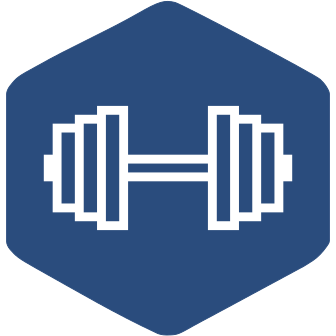
wger (ˈvɛɡɐ) Workout Manager is a free, open source web application that help you manage your personal workouts, weight and diet plans and can also be used as a simple gym management utility. It offers a REST API as well, for easy integration with other projects and tools.

A lightweight, powerful, and user-friendly database management tool designed to streamline your database administration tasks. Combining the simplicity of Adminer with enhanced UX and performance, WhoDB is built with GoLang to deliver optimal speed and efficiency. With features like interactive schema visualization and inline editing, WhoDB caters to both small projects and complex enterprise systems.

Wiki|Docs Just a databaseless markdown flat-file wiki engine. NOTE: Will show error on first run due to no config file. Setup script should still complete and create config file.

A modern, lightweight and powerful wiki app built on NodeJS, Git and Markdown

Wikijs(https://github.com/Requarks/wiki) A modern, lightweight and powerful wiki app built on NodeJS.
Windmill is a fast, open-source workflow engine and developer platform. It's an alternative to the likes of Retool, Superblocks, n8n, Airflow, Prefect, and Temporal, designed to build comprehensive internal tools (endpoints, workflows, UIs). It supports coding in TypeScript, Python, Go, PHP, Bash, SQL, or any Docker image, alongside intuitive low-code builders.
A CLI tool to send Wake-On-LAN (WOL) magic packets to wake up devices on your network. Features both CLI commands and a web interface. Requires a config file at the Config File path BEFORE application is started: https://github.com/Trugamr/wol?tab=readme-ov-file#configuration
Network Services• Other, Other, Productivity, Tools / Utilities• Utilities
An extremely lightweight container image for sending WoL Magic Packets easily to a public WoL proxy of your choice.
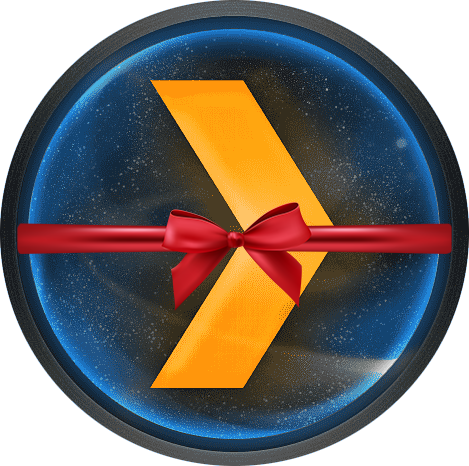
Media Applications• Other, Productivity, Tools / Utilities• Utilities
A website-based platform and API for collecting Plex user stats within a set timeframe using Tautulli. The data is displayed as a stat-summary, sort of like Spotify Wrapped. Yes, you need Tautulli to have been running beforehand and currently for this to work.

Xbackbone(https://github.com/SergiX44/XBackBone) is a simple, self-hosted, lightweight PHP file manager that support the instant sharing tool ShareX and *NIX systems. It supports uploading and displaying images, GIF, video, code, formatted text, and file downloading and uploading. Also have a web UI with multi user management, past uploads history and search support.
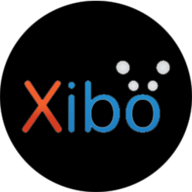
Xibo Content Management System Xibo’s digital signage platform is made up of a Content Management System (CMS), a choice of players, a choice of hosting options and different levels of support to meet your requirements. To get started with Xibo you need a CMS and at least 1 signage player. After the containers have come up you should be able to login with the details: U: xibo_admin P: password

XMR (Xibo Message Relay) XMR is a php application built on ReactPHP which acts as a ZeroMQ message exchange between the Xibo CMS and connected Xibo Players. It doesn't do anything beyond forward messages from the CMS to a pub/sub socket.
Your personal, self-hosted, open source, multi-streaming server

XWiki is a free wiki software platform written in Java with a design emphasis on extensibility. XWiki is an enterprise wiki. It includes WYSIWYG editing, OpenDocument based document import/export, semantic annotations and tagging, and advanced permissions management.

A web interface for managing docker containers with an emphasis on templating to provide one-click deployments of dockerized applications. Think of it as a decentralized app store for servers that anyone can make packages for. The default login is "[email protected]" and "pass". You should change this immediately by clicking on admin in the top right and then "User" then select "Change Password" in the top menu. You can also change your username using this field. If you need to reset your password/username to the included defaults, please delete your yacht volume and create a new one (you will lose all of your configurations so be sure to backup when you make changes). All credits to the developers. This is only a template for the community.
A project management tool that can be adapted to your processes to help you deliver great products. Track projects and tasks, use agile boards, plan sprints and releases, keep a knowledge base, work with reports and dashboards, create workflows that follow your business processes. Never force your process to fit the limits of a tool again. Unlike other project management tools, YouTrack can be customized to your needs!
YouTube Transcript to Article YouTube Transcript to Article is a Docker-based Python project that provides an API for converting YouTube transcripts into professional articles using OpenAI's ChatGPT. This tool automates the creation of summaries or detailed articles from YouTube video content, making it easy to generate professional write-ups from video transcripts. Features Automatic Transcript Retrieval: Fetches the transcript of a YouTube video in its original language, handling both video URLs and IDs. Article Generation: Generates a professional article from the transcript, with options for brief or detailed formats. Customizable Output Language: Allows you to specify the output language, with the default being the video's language. Minimalist Web Interface: Provides a simple, user-friendly web interface to easily input video IDs or URLs and generate articles. Dockerized Deployment: Easy deployment with Docker, including integration options for Home Assistant and MQTT. You will need a OpenAI API key.
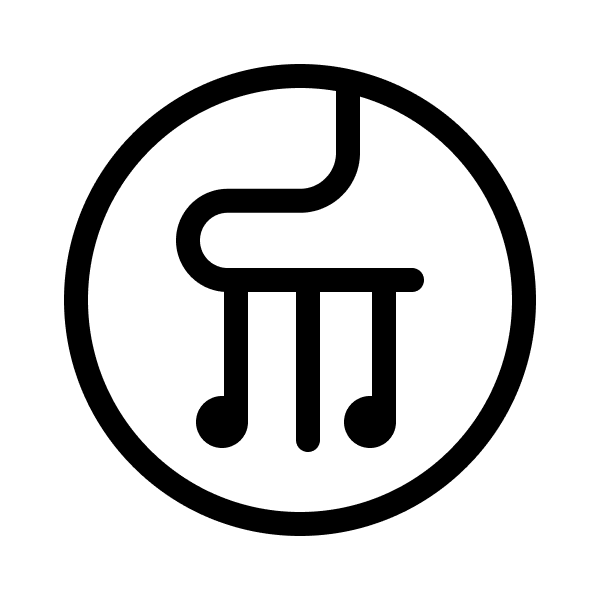
YuE AI Music Generation for the GPU Poor (by deepmeepbeep) Our model's name is YuE (乐). In Chinese, the word means "music" and "happiness." Some of you may find words that start with Yu hard to pronounce. If so, you can just call it "yeah." We wrote a song with our model's name. YuE is a groundbreaking series of open-source foundation models designed for music generation, specifically for transforming lyrics into full songs (lyrics2song). It can generate a complete song, lasting several minutes, that includes both a catchy vocal track and complementary accompaniment, ensuring a polished and cohesive result. YuE is capable of modeling diverse genres/vocal styles. Below are examples of songs in the pop and metal genres. For more styles, please visit the demo page. NOTE: On first start-up, a number of inference models and libraries will be downloaded to the cache folder. Be patient. It will be up to 30 GB of storage. NOTE: All generated songs remain in the cache folder - even if they have been downloaded through the WebUI. You may manually remove them, if disk space becomes precious.
Backup, Cloud, Other, Productivity, Tools / Utilities• Utilities
Zimit is a scraper allowing to create ZIM file from any website. This is a CLI application.
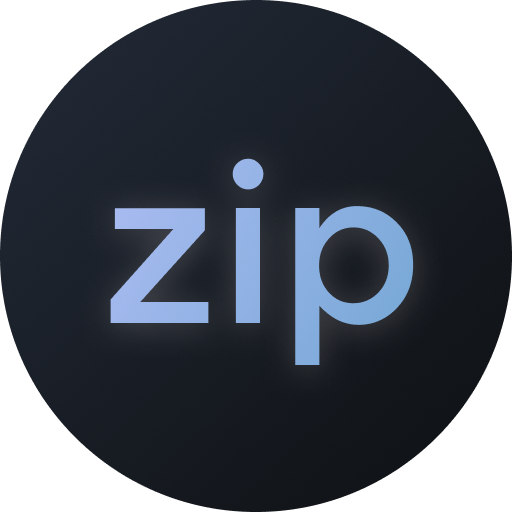
The next generation ShareX/File upload server. Packed with features and a great dashboard - what more could you want? This Unraid configuration is setup and ready to deploy and use instantly, the only configuration necessary is providing your PostgreSQL database connection string. An external PostgreSQL (16 or higher) database is required! Once the container has started you can visit Zipline's webUI (default port 8092) and create an administrator account to get started. As of Zipline v4, most configuration options can be managed through the settings dashboard. However, some settings require a server restart. To access the settings dashboard, navigate to /dashboard/admin/settings on your Zipline instance.

将微信通知添加到你的服务器 Adds WeChat Notifications to your server